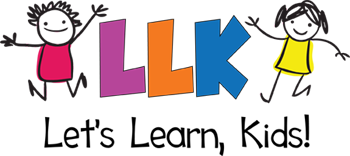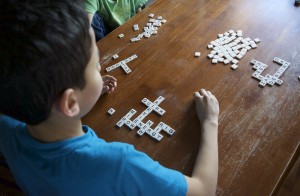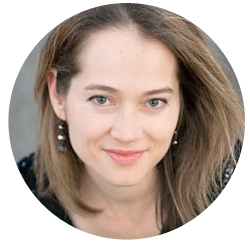
*This post contains Amazon affiliate links. There are fees involved for me to keep this website up and running, and if you chose to order from the link at no extra cost to you, the small amount that trickles back this way will help with my costs. Thanks a bunch!*
MORNING NUGGETS – CREATIVITY AND THE BRAIN, PART 5
In the last post we looked at what is involved in creativity and divergent thinking. Today we’ll look at the ways creativity employs divergent thinking, followed by practical application. (This post is based on my notes from Optimizing Brain Fitness by The Great Courses)
The goals for divergent thinking are to achieve random and free-flowing manner of thinking; and to loosen control of the left hemisphere allowing less structured, nonverbal material to emerge from the right hemisphere. Brainstorming (spontaneous group discussion to examine and discuss an issue or interest), mind mapping (a visual or graphical way to represent ideas), journaling and free writing are some methods to develop divergent thinking.
One way to enhance brain function is through creative play, something that comes naturally to children. We can test our brain in unaccustomed ways involving uncertainty and ambiguity through the use of puzzles, word games, riddles, and jokes. These exercises encourage reasoning, logic, visual imagination, spatial thinking, working memory, and creativity.
We regularly include simple puzzles in the letter-of-the-week fun we’re having with our younger kids.
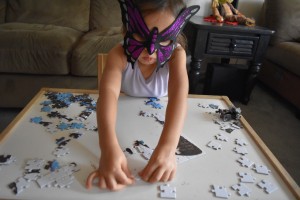
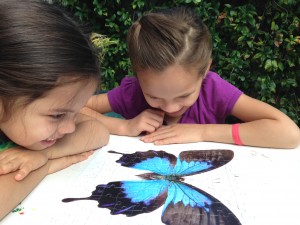
We have also been enjoying rounds of Bananagrams with the older kids. My ears are still buzzing from all the hollering and celebrating. We are passionate players.
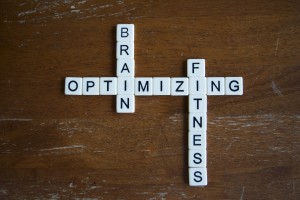
A few years ago I found myself feeling intimidated by an unexpected source – riddles. As new parents, my husband and I became acquaintances with another couple who were also new parents. We met at their home several times for an weekend evening of fun, and somehow riddles and word games were always mixed into the plans for the night. I had always considered myself somewhat creative, at least at a mediocre level, but those nights left me absolutely stupified! Total deer-in-the-headlights experiences. If my life depended on solving a riddle, as Bilbo’s did down in the deep cave with the creepy Gollum, I’d be as good as DEAD! Unless I found a magical ring that made me invisible, of course, which I wish I would’ve had those evenings at our acquaintances’ home! (You’d have to be a Hobbit fan to understand what this is all about.)
Anyway, for the purpose of encouraging you to provide your child the practice with enhancing their creativity (even though I am mostly directing this challenge to me, the incompetent riddle solver), I would suggest to incorporate word games into their week. As we learn new words, we expand our mental horizons. Word puzzles call on our left hemisphere, which mediates words and language.
Here are some pointers when first approaching puzzles.
- Make a wild guess! Taking a step, even if incorrect at first, helps you narrow your focus in solving the problem.
- The second point to remember is to persist! The biggest reason for not solving a problem is giving up.
- If you are at a dead end, look up the answer. This is not cheating but simply helping your brain learn principles that will be useful in the future.
Here are a few other important points to consider:
A child’s involvement in an organized sport is not a substitute for free, or creative, play.
Humans are verbal creatures, and our brains thrive on words.
Environment plays a greater role in creativity than heredity.
Sleep is an important contribution to creativity.
My goals for the day is to introduce mind mapping with the kids. What are you going to do to help your kids develop divergent thinking today? I can’t wait to hear!
